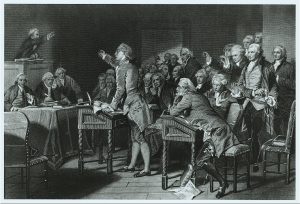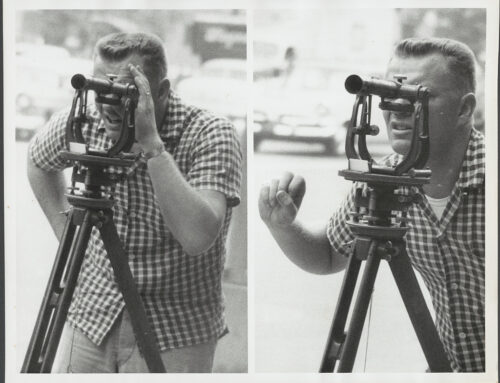
Each July, in addition to heat and fireworks, Virginians get to enjoy a slate of new laws going into effect from the past year’s General Assembly session. This year, two bills in the eminent domain realm merit mention.
The first, Senate Bill 1260, simplifies the process for condemning authorities making use of the quick take procedure to enter a property before the take to make surveys, tests, appraisals, or examinations to determine whether the property is suitable for the project. Under the previous version of Va. Code § 25.1-203, a condemning authority was required to send a request for permission to inspect and, if the owner did not respond, send a notice of intent to enter at least 15 days prior to the date of intended entry.
Under the amended statute, a condemning authority may send the request for permission to inspect, which is required to be on the condemning authority’s official letterhead and signed by someone authorized by the authority, 30 days prior to the date of the proposed inspection. The request must include notice that, if the owner withholds his permission, the condemning authority will be allowed to enter the property on the date proposed for the inspection. The request must be sent by certified mail, delivered by overnight courier, or otherwise delivered to the owner in person with proof of such delivery.
If the owner responds and provides written permission to enter prior to the expiration of the 30-day period, then the authority may enter sooner. Otherwise, the authority is required to wait until the day proposed in the request for permission to enter.
The last bill of note is Senate Bill 1270, which amended § 25.1-306 to provide more detailed requirements for the notice sent to landowners before a certificate is filed in a quick-take case. The statute now sets forth language that such notices must contain. Specifically, it requires the notice to state that a certificate of take or deposit, as applicable, will be recorded in the land records of the court and that, upon recordation of the certificate, defeasible title will transfer to the condemnor and the owner has the right to petition the court for distribution of the funds represented by the certificate.
The text of Senate Bill 1260, as enacted, can be found here. The enacted text of Senate Bill 1270 can be found here.
Matt Hull is a Pender & Coward attorney focusing his practice on eminent domain/right of way, local government, and waterfront law matters.






Leave A Comment